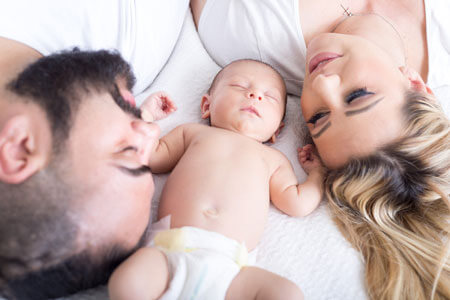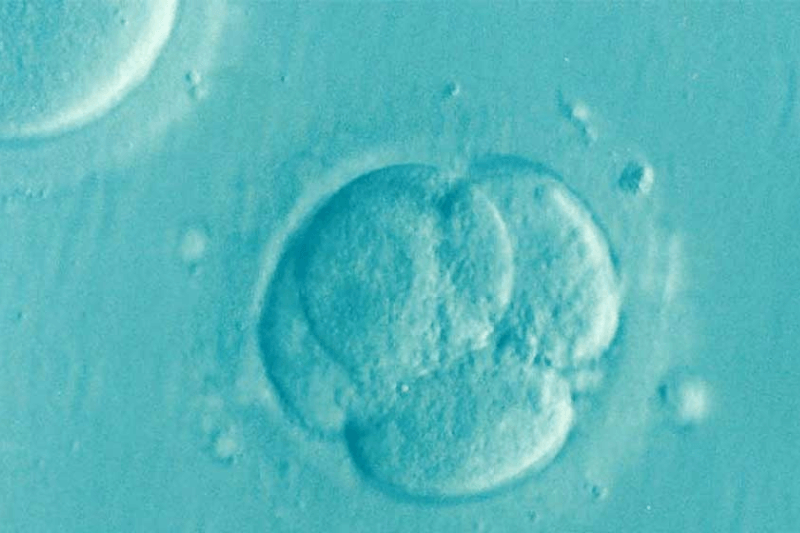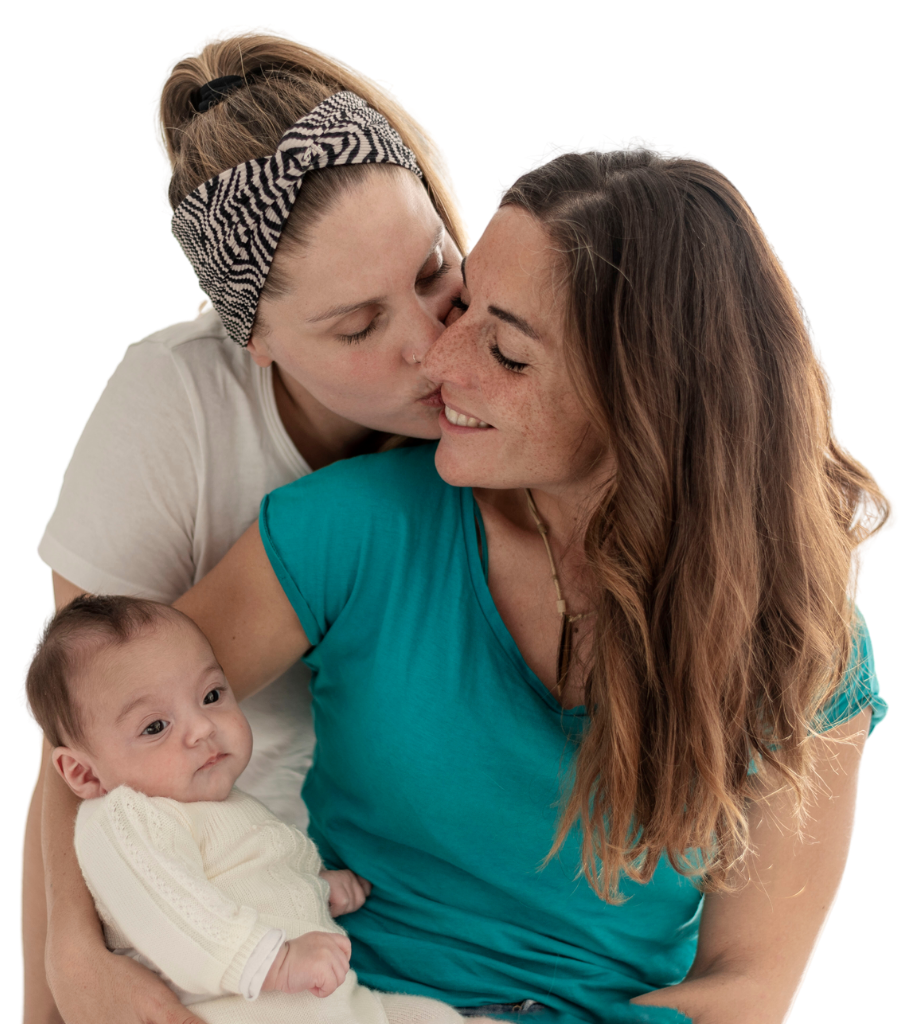Become an Egg Donor
What is Egg Donation?
Egg Donation is a selfless and transformative process in which a woman generously becomes an egg donor and donates her eggs to help others who are struggling with fertility issues. This remarkable journey empowers those who may otherwise have been unable to become parents. The act of donating eggs not only provides hope but also brings about a sense of compassion and fulfillment, creating new families and life stories along the way. It’s a beautiful example of how one person’s generosity can change lives and make the dream of becoming a parent come true.
Becoming an egg donor requires the applicant to walk through several essential steps – designed to ensure the safety of everybody involved. Once those initial steps are taken, the eggs will be fertilized, embryos created and then either frozen or transferred to the recipient’ uterus. In some cases, synchronization of menstrual cycles will be carried out between the recipient and the donor to ensure that the recipient’s uterus is prepared to receive the resulting embryos.
Why Are Egg Donors Needed?
Egg donors play a crucial role in helping people to overcome a variety of fertility challenges, including premature ovarian failure, diminished ovarian reserve, genetic diseases, repeated IVF failure, and more.
They also make it possible for male couples to realize their dream of building a family. Without the generosity of egg donors, many people would be unable to achieve their goal of starting a family. Your contribution can make these dreams a reality.

What Are The Qualifications To Become An Egg Donor?
For egg donation requirements, egg donors undergo psychological and medical screening, which includes a thorough medical history, physical exam, and ovarian reserve assessment to determine if they’re likely to be a good donor candidate, as well as the following qualifications below.
- Must be between 21 and 30 years old
- Must be in good health
- Must have normal, regular menstrual cycles
- Must have two functioning ovaries
- BMI must be lower than 32
- Must be willing to have a psychological evaluation
- Take precautions to avoid pregnancy during the donation process.
- Have a health history free of: genetically transmittable (inherited) diseases; sexually transmitted diseases; cancer; substance abuse
What Are The Steps For Egg Donation?
The egg donation process involves various stages. Initially, the egg donor receives hormone injections, which stimulate the development of multiple eggs. While women naturally release one egg per month, these injections facilitate the maturation of a larger number of eggs simultaneously. Once these eggs are mature and ready for retrieval, the fertility doctor schedules the procedure.
During the retrieval process, the egg donor is placed under sedation, and the doctor employs an ultrasound-guided needle to extract each mature egg from its follicle. This is a very safe process, and does not damage the egg donor’s body.
In the laboratory, attempts are made to fertilize several eggs using either the recipient’s partner’s sperm or carefully selected donor sperm. This laboratory fertilization process is known as in vitro fertilization (IVF).
Following successful fertilization, an embryo (a fertilized egg) is transferred into the recipient’s uterus.
Frequently Asked Questions about Egg Donation
Can you still have a baby after being an egg donor?
Egg donation has been a practice for over two decades, and research consistently indicates that donors retain their fertility at levels comparable to those who have never donated eggs. While it is true that females are born with a finite number of eggs, only a limited number become available each month. In a typical monthly cycle, just one egg ovulates, while the rest naturally diminish and become unavailable. The egg retrieval process just utilizes the eggs that would otherwise go unused during the month.
Can donating eggs be painful?
The process begins with hormone injections beneath the abdominal skin, easily self-administered with guidance. While these injections stimulate egg production and may cause some discomforts like bloating and pelvic pain, the egg retrieval procedure is performed under anesthesia, ensuring a pain-free experience. Post-retrieval, minor pelvic discomfort may occur but is usually manageable with over-the-counter pain relievers like ibuprofen, and recovery is swift.
Is there risk with egg retrieval?
The procedure is conducted with ultrasound guidance for precision, allowing us to closely monitor each step. While, like any surgical intervention, there exists a minor risk of bleeding or potential damage to pelvic organs, the administration of antibiotics minimizes the infection risk. It’s important to note that such complications are rare, affecting less than one percent of patients. Extensive research has conclusively established that egg donation is not associated with infertility, breast cancer, ovarian cancer, or any other diseases.










